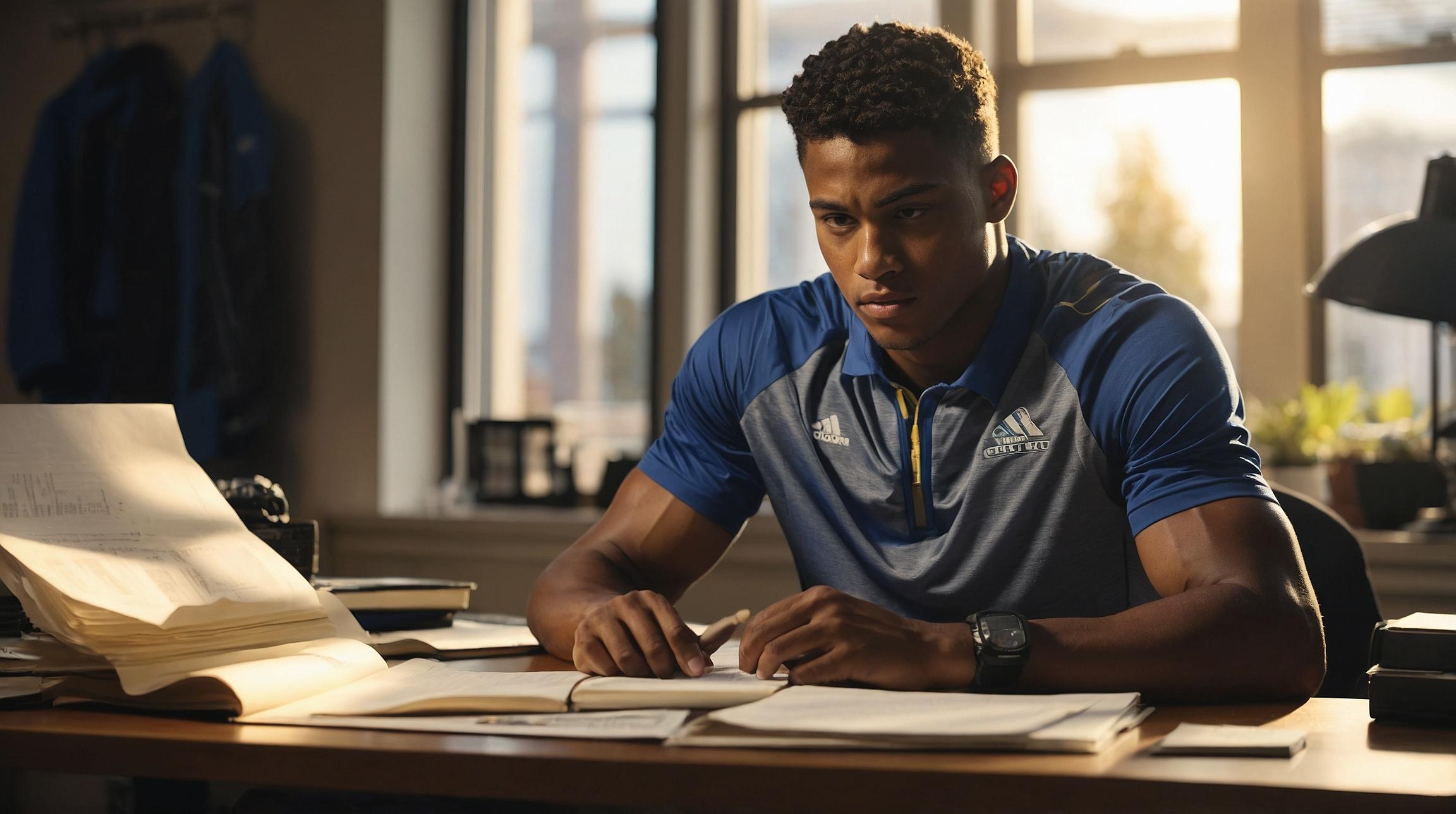The Need for Financial Literacy with NIL
In July 2021, college sports underwent a big change. With the launch of “Name, Image, and Likeness” (NIL) deals, college athletes can now make money from their athletic success. They can get endorsement deals from big brands.
Some examples:
- NCAA basketball stars
- LSU gymnast Olivia Dunne (estimated NIL value: $3.3 million)
- Bronny James (expected to earn $5 million at USC)
- Caitlin Clark (NIL value of over $3 million, making her the highest-paid women’s college basketball player in the NCAA)
But, there’s a need for financial literacy. These student-athletes are still students. Many of them don't have the financial knowledge to handle their new wealth.
A lot of Gen Z individuals have more credit card debt than savings. This could mean young athletes might struggle to manage their money without help.
Even though many athletes hire agents and financial advisors, it’s not always smooth sailing. Look at the NFL: over 15% of players go bankrupt within a decade of retiring. NIL deals are happening even before students graduate.
A 2019 survey of 30,000 college students found that only 53% felt ready to manage their money. Poor financial decisions could be common among student-athletes if nothing changes.
The Role of Educational Institutions
When NIL deals were first announced, about 75% of student athletes wanted to learn about investment and taxes. 44% were worried about student debt.
Given the massive $1.7 trillion student loan debt, colleges should teach financial literacy to all students, especially athletes. Some schools are already taking steps. For instance, San Diego State hired an NIL coordinator to help athletes with financial decisions. However, many schools still lack proper programs.
Educational institutions need to step up. They must provide financial education tailored for student-athletes. Schools can organize workshops, seminars, and use online tools for financial learning.
Colleges could even team up with financial institutions to offer free financial advice. This proactive approach ensures student-athletes get the support they need to make smart financial choices.
NIL Deals Are the First Step in Compensating Student Athletes
NIL deals are a good start, but more needs to be done. The NCAA should set up a financial education framework for colleges to adopt. Financially literate student-athletes are better at balancing school and sports, and they’re more prepared for life after college.
Less than 2% of athletes turn professional, but over 450,000 students have NIL deals. This number keeps growing.
It's time for colleges and universities that profit from student sports to invest in their talent. Financial education helps athletes manage money wisely, which looks good on the schools too. It also enhances the reputation of NIL deals and prepares students better for life beyond sports.













